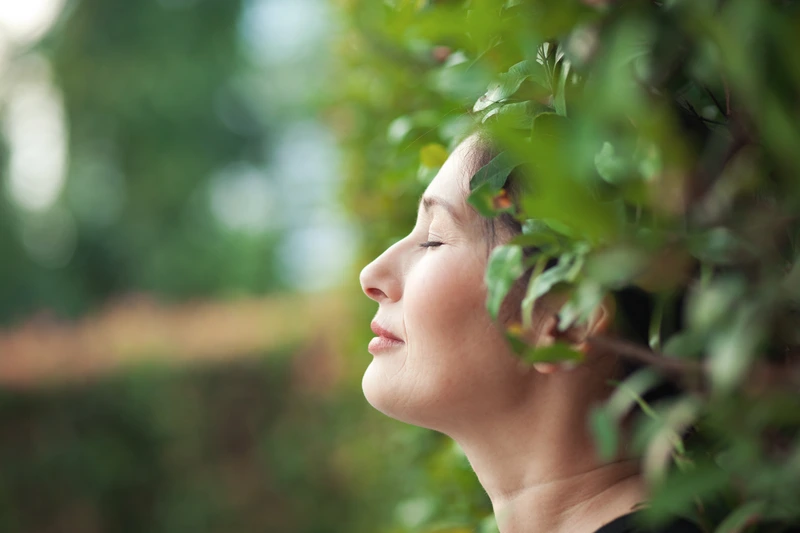Searching for herbal remedies for hot flashes? Learn about black cohosh, also known as cimicifuga racemosa. Discover black cohosh dosage, safety, and benefits for relief in perimenopause and menopause.
Black Cohosh
I want to learn more about
All Black Cohosh Articles

Black Cohosh and Menopause: Does This Herb Really Work?
Last Updated: January 21, 2026


Effective Natural Remedies for Hot Flashes
Last Updated: January 19, 2026


Supplements and Vitamins for Menopause
Last Updated: January 14, 2026
